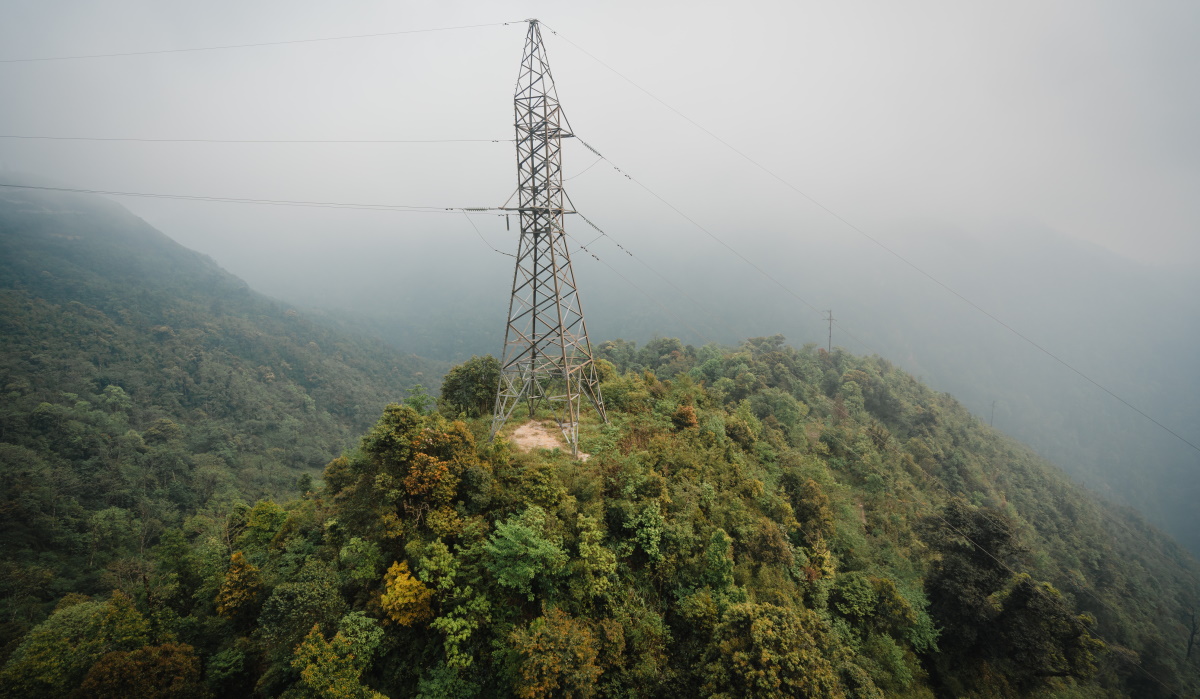The need for capable regulators
Jose Maria Valenzuela is exploring regulatory capacity and knowledge brokers in the decarbonisation of electricity systems
Electricity system authorities have adopted the mandate to pursue low-carbon electricity generation as this is one of the most feasible strategies for decarbonisation in industrial economies. However, these regulators must deal with potential serious imbalances in energy supply, which not only creates a negative financial impact on generators, consumers and/or the government, but also undermines the business and political case for the further expansion of renewable energy.
The problems posed by renewable energy require regulatory innovations. Regulators require both knowledge and regulatory capability. They require appropriate knowledge to understand the problems of variable generation and identify the innovative means or tools available to overcome them. They also require analytical capacity which is shaped and can be provided by how the regulatory environment is organised: it is not merely an attribute of a specific regulatory institution.
The regulator’s capability to successfully coordinate this necessary technological transition, without major disruption to the traditional mandate of supplying electricity affordably and reliably, is critical.
Are liberalised energy systems better at reducing curtailment?

A window into regulatory capacity is the level of wind and solar generation curtailment beyond the expectation of market participants. Generation curtailment, the practice of cutting-off the grid power generation capacity for a period of time, is an indicator of imbalance in energy supply and of imperfect implementation of decarbonisation targets.
A common view is that liberalised energy systems are better at addressing problems of performance on the expansion of renewable energy. This would mean that countries with higher levels of liberalisation would display lower levels of renewable generation curtailment.
However, empirical evidence suggest that higher levels of market liberalisation do not necessarily deliver lower curtailment.
For example, Figure 1 shows the potential curtailment risk for 24 countries against a measure of how liberalised are their wholesale power market. The components of liberalisation include the market concentration of the power generation (how many providers exist), independence of power transmission companies, international interconnections, utility privatisation, utility unbundling (legal separation between segments), and the wholesale power market. The evidence in Figure 1 suggests that liberal institutional arrangements are insufficient to predict the presence or absence of curtailment risk in a market. If the conditions of liberalisation are not enough to explain regulatory success, what else should we look into?

The research focus: knowledge brokers
Jose’s research examines the effect of knowledge brokers who provide regulators with specialized knowledge about the performance of technologies and the behaviour of industrial stakeholders.
He is looking specifically into the role of electricity system operators and transnational regulatory networks as brokers that mediate knowledge between the industry and the regulator.
The key research hypothesis is:
Greater access to system operators and transnational regulatory networks lets regulators develop more innovative and effective regulatory solutions, by increasing the provision of specialised knowledge. This innovation will result in less curtailment.
The research postulates that greater access to knowledge brokers, especially domestic intermediaries and international transnational networks, facilitates regulatory innovation. This is because knowledge brokers increase analytical capability by providing regulators with knowledge from their own operational experience, and from the wider industry.
Case studies: Chile, China, Mexico and the UK
Jose will be collecting empirical evidence from four countries: two liberalised markets, Chile and the UK, and two partially liberalised markets, Mexico and China, see Table 2.
China and Mexico have gone through recent phases of partial liberalisation but maintain large state corporate ownership in the electricity sector. However, they diverge regarding the organisation of the sector, as Mexico relies on an Independent System Operator (ISO), while China relies on a Transmission and System Operator (TSO). Similarly, Chile and the UK diverge between the two models, with Chile recently embracing the ISO model, while the UK’s recent separation of the system operator from the National Grid TSO remains far from the ISO model.
| Table 2. Case study countries | ||
|---|---|---|
| Liberalised market | Hybrid market | |
| Independent System Operator | Chile | Mexico |
| No Independent System Operator | UK | China |
Early findings so far from Mexico and China
Jose undertook fieldwork in Mexico and China during 2019, examining the approach taken by each country to build regulatory capacity in the implementation of the renewable energy expansion policies.
The industry in Mexico and China are characterized by state-ownership of transmission systems and large state participation in generation companies. However, they have followed different trajectories of industrial reorganization.
China has assigned the role of system operation to the State Grid company and the China Southern Grid company: both are state owned enterprises. In order to ensure renewable energy policy is implemented, the central government has requested research institutes to develop the role of system design and supervision. In the model of TSO, highly specialized research institutes serve as knowledge brokers in the process of regulatory making.
In contrast, Mexico has assigned the responsibility of implementing low-carbon technologies policies to an independent, arms-length organization, that is tasked with dispatching, market operation and planning, the independent system operator. The ISO model appears to increases political accountability even in an environment where all the relevant actors are state owned.
Future research in the UK and Chile
Research in the UK and Chile will give evidence of the relevance and significance of knowledge brokers, like the system operator and academic institutions, under functional liberalized and privatized industries.






3 thoughts on “The need for capable regulators”
Comments are closed.